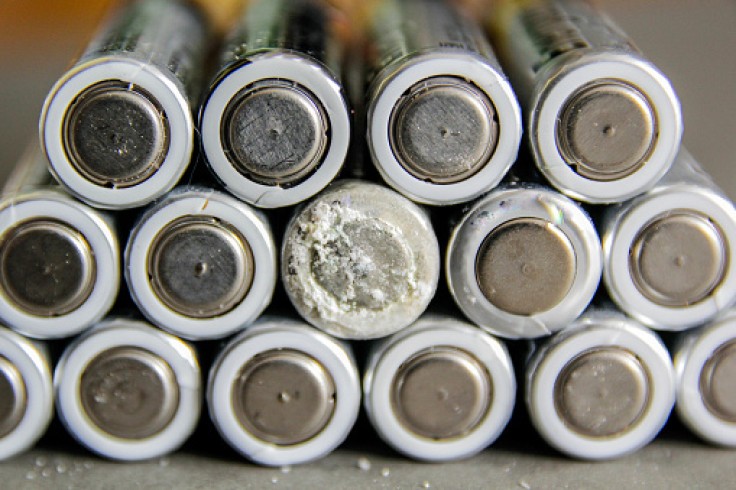You might not know it, but a lot of the devices you're using right now probably have lithium-ion batteries powering it. We are surrounded by these things, so it becomes a cause for concern when people learn that they can start fires.

Lithium-Ion Batteries Causing Fires
It's entirely possible for you to use lithium-ion batteries without encountering any incidents that might cause a fire, but improper use or disposal must be avoided as it uses highly flammable materials and can be very dangerous.
In Australia alone, waste management trucks see more than 10,00 fires a year because of the batteries, which puts into perspective how disposal of such materials plays an important factor in overall safety. The waste and recycling sector has already warned people of the crisis.
In order to reduce such incidents, the waste and recycling industry has already called for safe drop-off points for the batteries so that they won't be included in general waste, especially given that the country produces about 3,300 tons of waste per year, as per Interesting Engineering.
Waste Management and Resource Recovery Association Chief Executive, Gayle Sloan said that the issue could result in a major tragedy in the future, and that if not acted upon, people might see facilities and trucks burn.
"[W]e're going to end up potentially with genuine injuries or significant injuries on our workers, and, dare I say, a death, which is what we're trying to avoid." This will also lead to people not having their waste collected even if they want to because the services will become unaffordable.
Where You Can Find Lithium-Ion Batteries
Most of the devices you're using that don't require a direct connection to an outlet are probably using lithium-ion batteries, which means that they can be found in remote controls, smartphones, laptops, and even electric cars.
Since not all the mentioned batteries are rechargeable, some will need to be thrown out, and even when depleted, the materials within them remain flammable, and it's not even the only hazard and risk that can come from improper disposal.
There's also the possibility of radiation, chemical exposure, and electrical hazards. When mixed with general waste, they could end up in the same environment and will potentially leak toxic materials into the ground.
Not only can it contaminate the local water supplies, but it is also harmful to the environment in general. Luckily, there are proper ways to dispose of batteries properly. For one, the US Environmental Protection Agency advises that people should tape the batteries first.
Second, it should not go into recycling bins as well. They should be taken to separate recycling or hazardous waste collection points. Since it might be a hassle to go to these locations every time you have to throw out batteries, you can collect them in plastic bags first and dispose of them at the same time.
Just make sure that even after sticking non-conductive tape on the negative and positive points of the battery, you should still pack each in separate plastic bags. If the battery is damaged, contact the manufacturer to learn how to deal with it properly.
Related : 7 Ways You Can Reduce E-Waste









